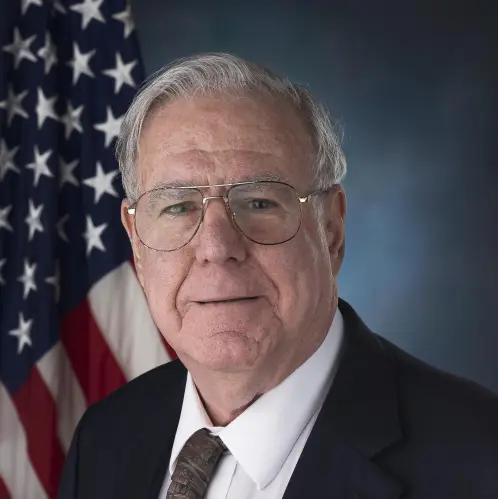Brookings Affiliation
Research Areas
-
Business & Workforce
Sub-Topics
-
Health Care
Sub-Topics
-
U.S. Economy
Sub-Topics
Additional Expertise
- Budget policy and politics
- Health care cost, financing, and rationing
- Medicaid
- Medicare
- Social Security
- Tax policy
Henry Aaron is senior fellow emeritus in the Economic Studies Program at the Brookings Institution. From 1990 through 1996 he was the director of the Economic Studies Program. He is a member and vice-chair of the District of Columbia Health Benefits Exchange and is a member and former chair of the Social Security Advisory Board.
He is a graduate of UCLA and holds a Ph.D. in economics from Harvard University. He taught at the University of Maryland from 1967 through 1989, except for 1977 and 1978 when he served as Assistant Secretary for Planning and Evaluation at the Department of Health, Education, and Welfare. He chaired the 1979 Advisory Council on Social Security. During the academic year 1996-97 he was a Guggenheim Fellow at the Center for Advanced Studies in the Behavioral Sciences at Stanford University.
He is a member of the Social Security Advisory Board, the Institute of Medicine, the American Academy of Arts and Sciences, the advisory committee of the Stanford Institute for Economic Policy Research, and the board directors of the Center on Budget and Policy Priorities. He is also vice chair of the D.C. Health Exchange. Aaron has been a member of the boards of directors of the College Retirement Equity Fund and Georgetown University. He has been a member of the visiting committee of the Harvard Medical and Dental Schools and of the Harvard Department of Economics. He was a member of the board of directors of Abt Associates; a founding member, vice president, and chair of the board of the National Academy of Social Insurance; vice president and member of the executive committee of the American Economic Association; and president of the Association of Public Policy and Management.
-
Current Positions
- Member, Visiting Committee, Harvard Medical and Dental Schools
- Member, Institute of Medicine
- Chairman of the Board of Directors, National Academy of Social Insurance
- Director, Center on Budget and Policy Priorities, Abt Associates
- Member, American Academy of Arts and Sciences
-
Past Positions
- Chairman of the Board of Directors, National Academy of Social Insurance
- President, Association of Public Policy and Management
- Vice President, American Economic Association
- Assistant Secretary for Planning and Evaluation, Department of Health, Education, and Welfare
- Chairman, Advisory Council on Social Security
- Trustee, Georgetown University, College Retirement Equities Fund (CREF)
-
Education
- Ph.D. (1963), M.A. (1960), Harvard University
- B.A., University of California at Los Angeles, 1958
